Precise Chimney Evaluations to Prevent Fire Risks
Regular chimney inspections are essential to ensure the safety and proper functioning of fireplaces and chimneys. They help identify potential hazards early, preventing costly repairs and dangerous situations.
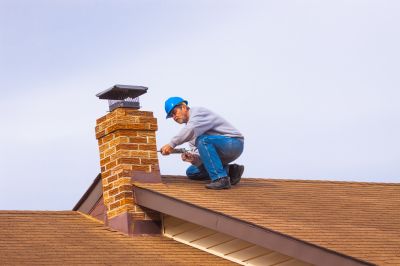
Visual and technical assessment of chimney components to detect damage or obstructions.
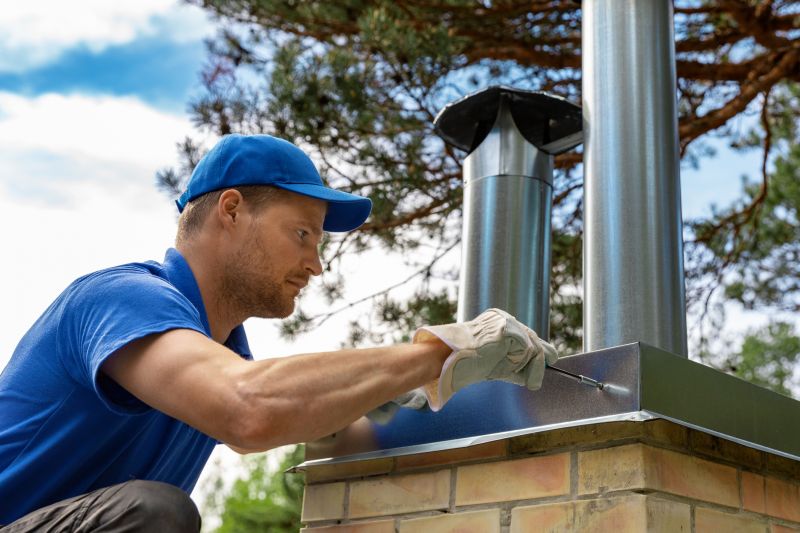
Protects the chimney from debris, animals, and weather-related damage.
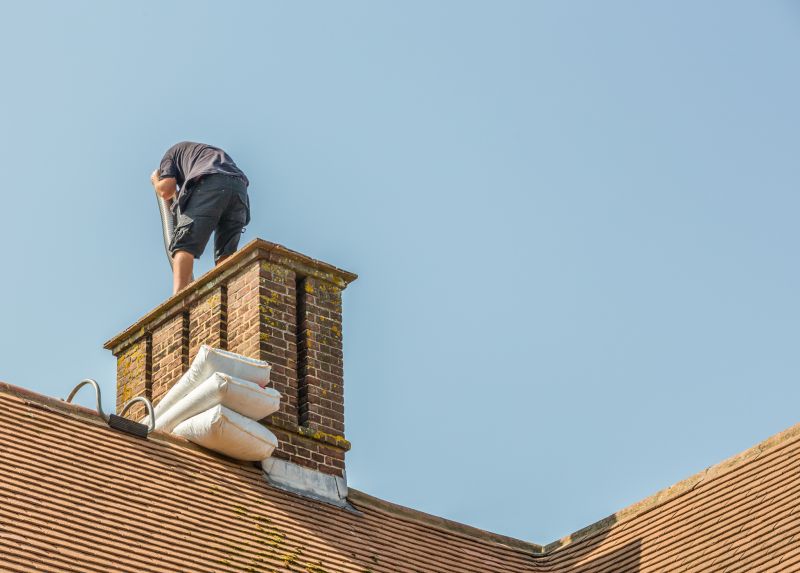
Ensures safe venting of smoke and gases, preventing heat transfer and fire risks.
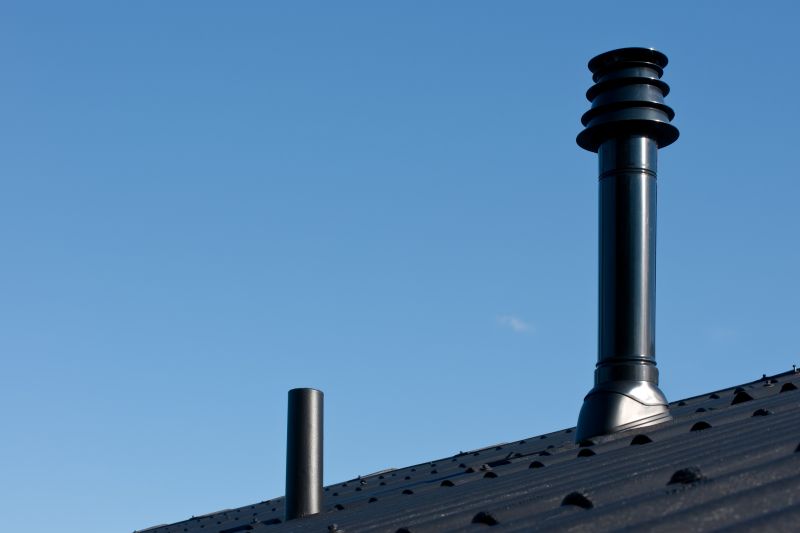
Controls airflow and prevents heat loss when the fireplace is not in use.
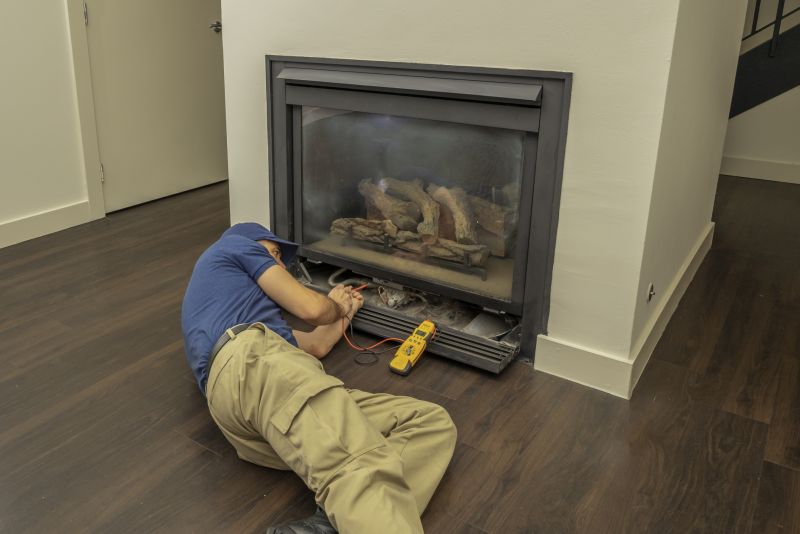
The area where wood is burned, requiring regular inspection for cracks or damage.
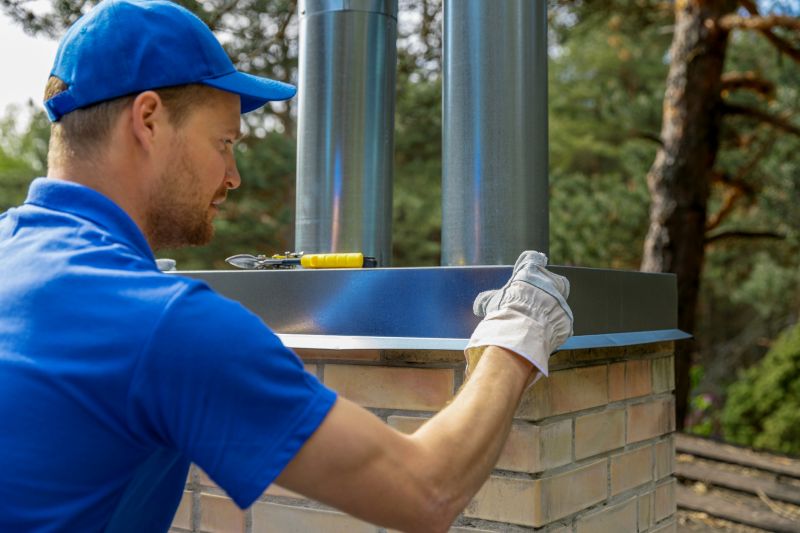
Channels smoke and gases out of the home, critical for safe operation.
Neglecting chimney inspections can lead to dangerous situations such as chimney fires, carbon monoxide leaks, or structural damage. Blockages, creosote buildup, and damaged components increase the risk of fire and health hazards.
Ensures the chimney and fireplace are functioning correctly, reducing safety risks and maintaining efficiency.
Cracks, blockages, damaged liners, and worn dampers are typical problems identified during inspections.
Includes chimney cap, liner, damper, flue, and fireplace opening, all requiring regular checks.
Smoke inside the home, strong odors, or visible damage indicate the need for an inspection.
Properly functioning components such as the chimney cap, liner, and damper are vital for safe operation. Ensuring these parts are intact prevents issues like water intrusion, heat transfer, and blockages.
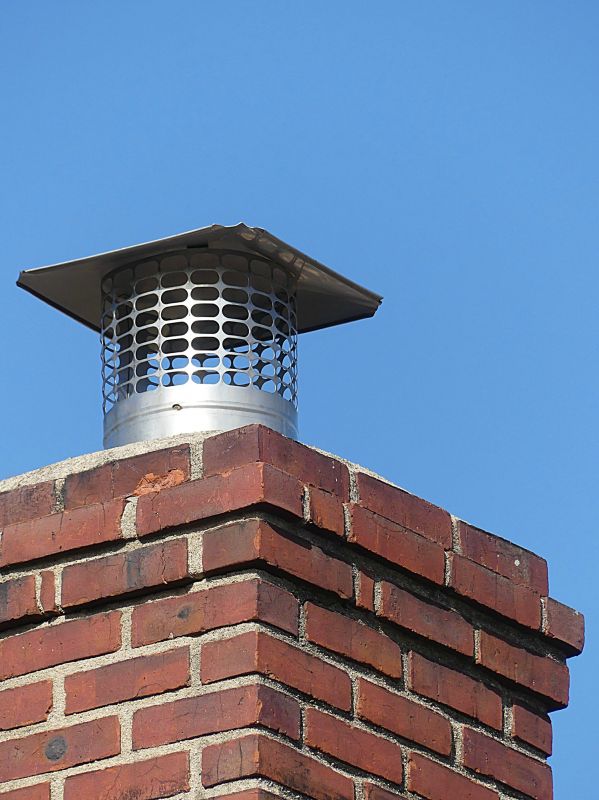
A well-maintained cap prevents debris and animals from entering.
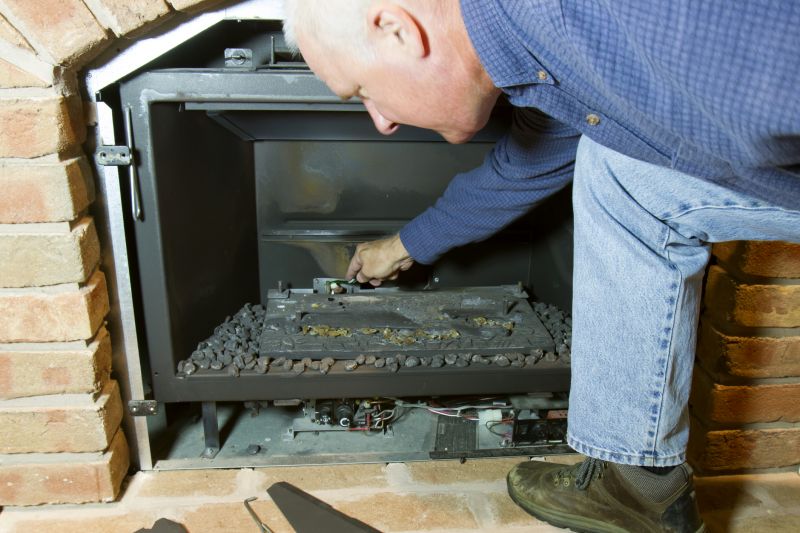
Cracks or deterioration can lead to dangerous leaks and fire hazards.
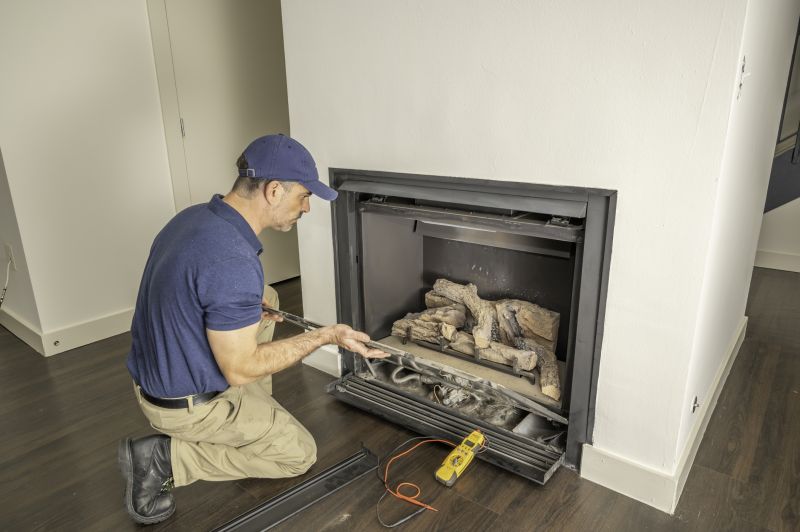
Regular cleaning reduces creosote buildup and improves safety.
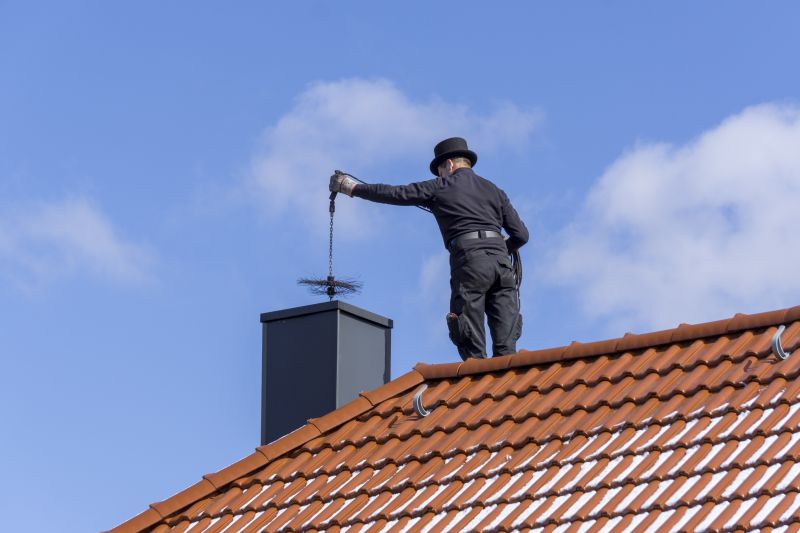
Specialized equipment used to assess internal components and detect issues.
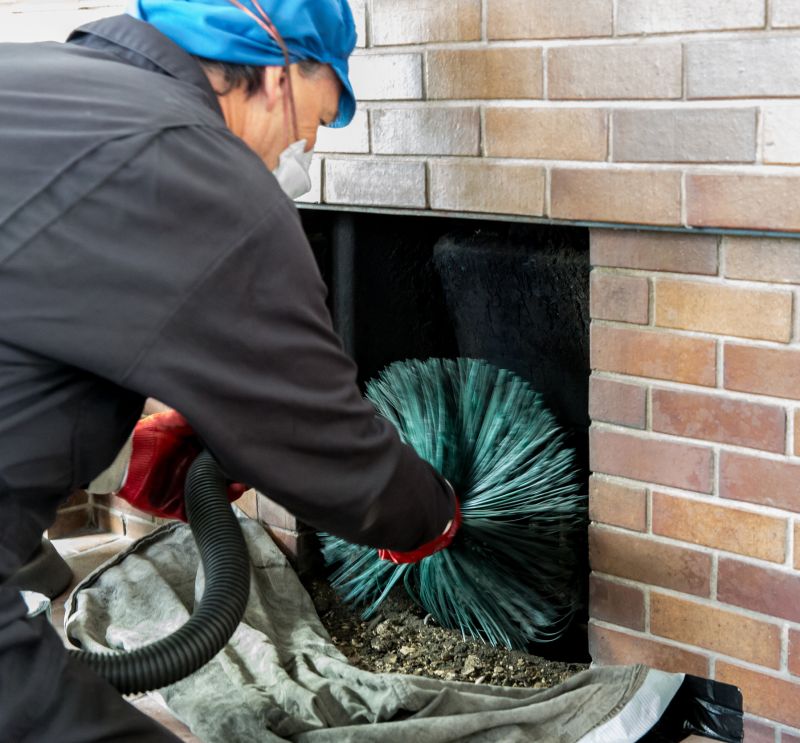
Ensures efficient airflow control and heat retention.
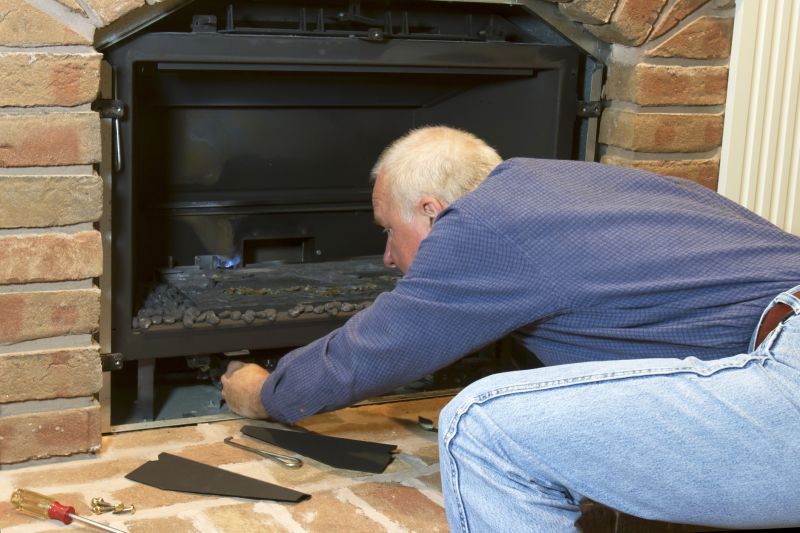
Requires routine inspection for safe and efficient operation.
Using a professional for chimney inspections ensures that all components are thoroughly examined and maintained. This proactive approach helps prevent safety hazards and prolongs the lifespan of the chimney system.
For a comprehensive assessment of a chimney's condition and to ensure safe operation, contact the appropriate service provider through the contact form. A detailed quote can be provided to meet specific needs.


